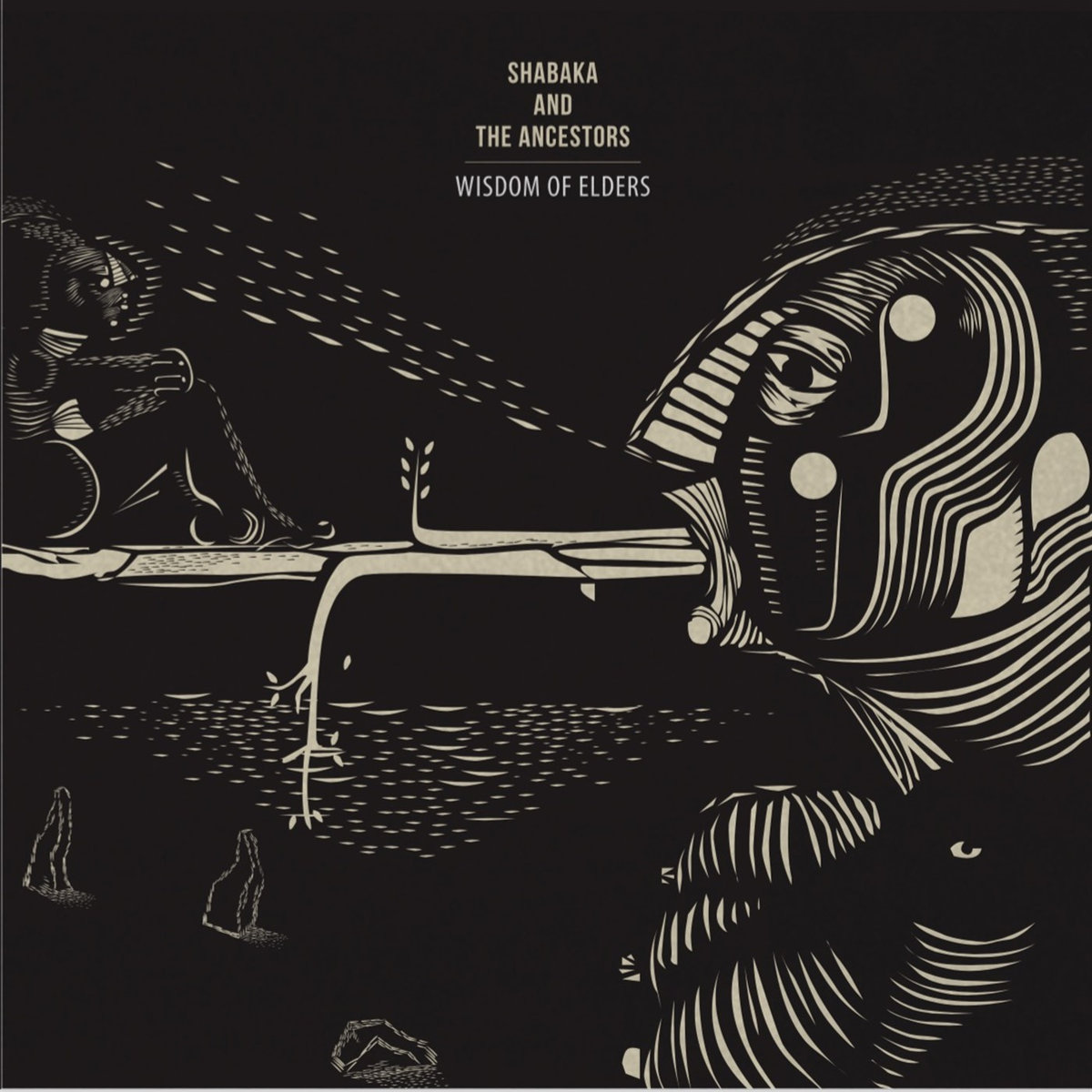The English saxophonist Shabaka Hutchings speaks to us about Wisdom of Elders, his first album with his new band Shabaka & the Ancestors.

Shabaka is very busy. This year, he was nominated for the famous Mercury Prize with his trio Comet Is Coming. In 2015 in Johannesburg, he joins up a group of South African musicians led by trumpeter Mandla Mlangeni and recorded, in only one day, a very poetic album. We are fortunate to exchange a few words with him.
To begin, can you introduce your project and your musicians ? How was your first meeting with Mandla Mlangeni with whom you played few years ago ? And how the project of « Shabaka and the Ancestors » was born ?
I met Mandla in cape town about 3 years ago. We were both fans of each others playing and he invited me to perform with him. Through playing with his group I met Tumi Mogorosi, Ariel Zamonsky, Gontse Machene and Mthunzi Mvubu.
I met Nduduzo Makhathini at a concert in Cape Town which we were both a part of in differing ensembles. We enjoyed each other’s energy on stage and had a really great rapport when chatting about music after our gigs. A few months later I got a call to join his ensemble for a show in Lagos and that started our relationship. I recorded on his own album, Icilongo, the day after The Ancestors was done.
How was it recording in South Africa ? Was is the first time you’ve recorded in Africa ?
There really wasn’t anything dramatic in the recording experience outside the magic that the individual players brought to the music. We recorded in Sumo Sounds studio, Johannesburg. This studio space is well set up and really easy to relax in which i think is the main priority for this scenario for me.
It was the first time i’d recorded like this in South Africa. I recorded for Cape Town based electronic music producer ‘Card on Spokes’ earlier in the year but that was more like a studio set in his house. I recorded with the pianist from The Ancestors – Nduduzo Makhathini the day after my album. These were all really straightforward processes with well run studios that have vibe.
You were born in London and moved to Barbados at 6, it must have been a major change in your musical education. How did you start listening to African music ?
When i was in college and had a lot of library resources i was put in contact with field recordings – especially those of hugh tracey and david rycroft. these recordings were mainly of central african music but some southern as well. my exposure to jazz from southern africa has really opened up in the past 5 years partly from my exposure to the place itself.
According to you, how do think Caribbean calypso, South African Nguni and jazz can mix well together ?
It really depends on the openness of the musicians and the vision in choosing what elements of either musics will be merged. Then considerations such as the dynamic balances of each music form have to be taken into account. Any musician can throw different genres together. It might work sometimes, or maybe not. For me the key is knowing what not to throw into the mix.
Do you plan to tour in Africa with the ancestors ? Have you heard of great jazz clubs in Africa ?
We will definitely tour in southern africa and we’ve played in johannesburg a few times. I’m going in february to do some more gigs with them out there. Unless we get funding it would be more likely that we play regular music festivals that are open to jazz since we wouldn’t be able to afford to travel ‘africa’ with the finances available from jazz clubs.
To finish, what is your favourite Classic Album of African Music ?
Busi Mhlongo – Urban Zulu
 Read more about Wisdom of Elders, one of our previous Album of the Week.
Read more about Wisdom of Elders, one of our previous Album of the Week.